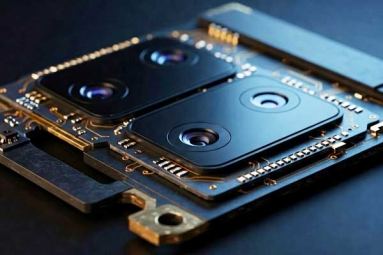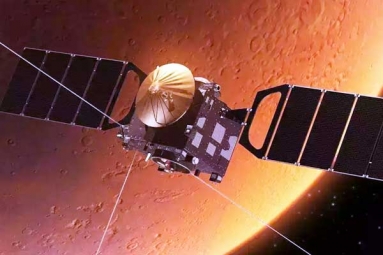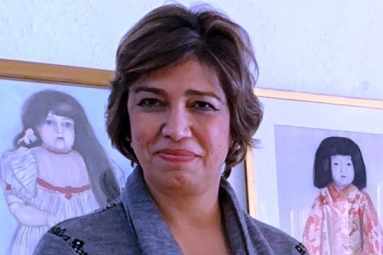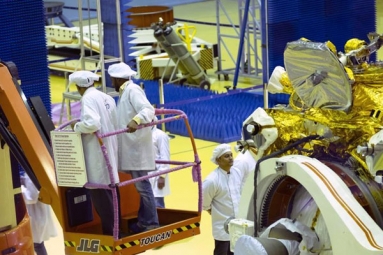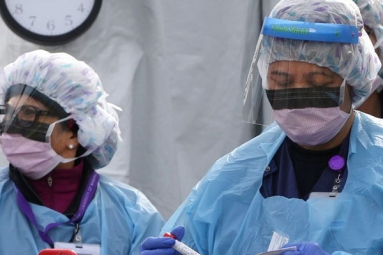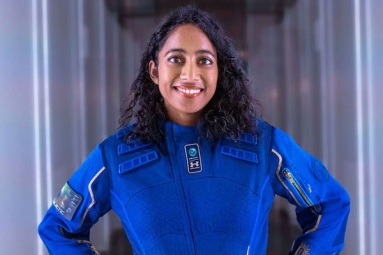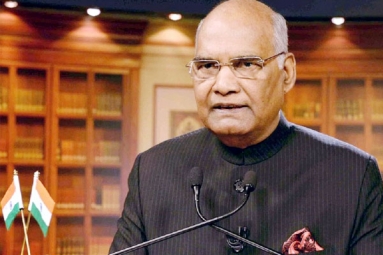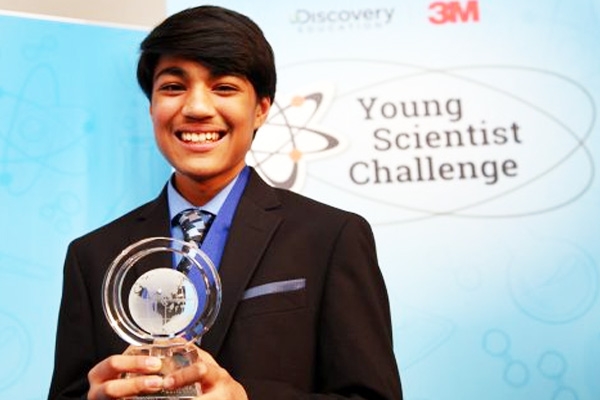
(Image source from: Twincities.Com)
The invention of 19-year-old Indian-American is imminent to change the method doctors treat pancreatic cancer, a type of cancer that begins in the organ lying behind the lower part of the stomach (pancreas).
Rishab Jain from Portland, United States, won the Discovery Education 3M Young Scientist Challenge earlier this month for coming up with an algorithm that uses Artificial Intelligence (AI) to help doctors target pancreas during cancer treatment, according to a report by TIME.
Pancreatic cancer is extremely hard to medicate and is oftentimes discovered at a later stage, with a survival rate of less than 7 percent.
The characteristic that makes Rishab's algorithm so dominant is that pancreas is hard to spot as they move around. Currently, doctors target radiation in the area they believe pancreas is, in the process also killing other healthy cells.
"In the radiotherapy treatment where radiation is applied to kill tumor cells, my tool tracks the pancreas in the scan itself. When the radiation hits, it hits the pancreas accurately and efficiently so it can help treat the tumor much more effectively," TIME quoted Rishab as saying.
Rishab believes his algorithm can be merged in the hospital’s existing radiography equipment and he is presently on the job with doctors from top institutes to push out the project.
Pancreatic cancer is the 13th most common cancer across the globe, according to a Lancet study from October 2015. With an exceptionally high mortality rate, it is the eight most common cause of death from cancer. More than a quarter million people worldwide have lost their lives to it.
According to a report by CNN, the reason behind pancreatic cancer so deadly is the lack of symptoms during early stages when it is most treatable.
Experts say, there are no screening tools specific to this kind of cancer. As a consequence, in many cases, the discovery of the disease gets delayed. The detection is many times limited to distinct symptoms like abdominal pain and jaundice.
By Sowmya





